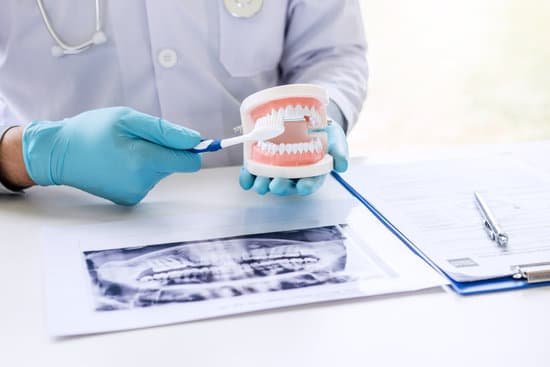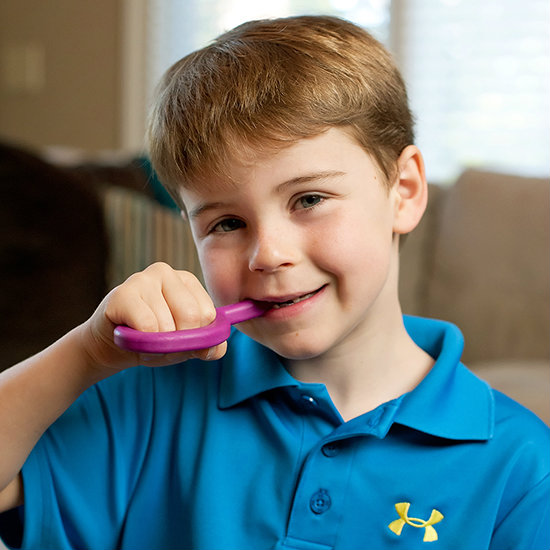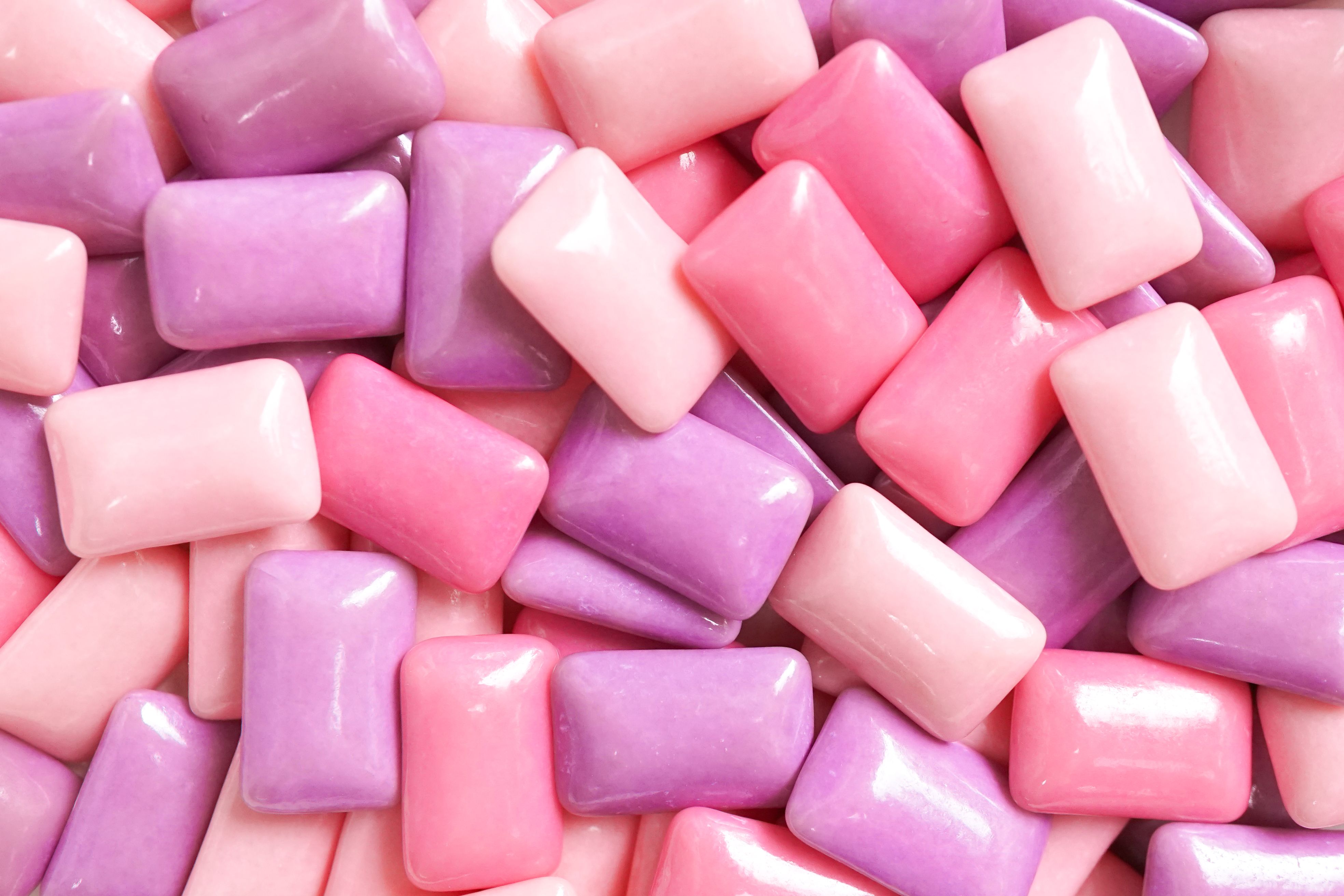

Taking good care of your teeth is important, especially by the time you’re about 12 years old. A doctor’s appointment might be in order.

When none of the above helps someone stop chewing on ice, dietary changes or an iron supplement could be required. In some cases, chewing or crunching ice may result from an iron deficiency – a condition called pagophagia – although the reason for this isn’t clear. The fibrous material may also help keep your teeth clean. Those foods can satisfy the craving to crunch, while stimulating the flow of saliva, which protects your mouth. Try to limit or avoid flavored soft ices, however, because they have lots of sugar, which is bad for your teeth.Ĭhomp on something healthier: Eating raw carrots, sliced apples or other crisp fruits and vegetables could help. In addition to preventing damage to your teeth, you may also avoid the bacteria that can linger in icemakers.Ĭonsider softer alternatives: Replacing regular cubes with softer types of ice, such as shaved ice, may help. If it’s not in your glass, there’s no temptation.

Stop consuming ice: You can also skip the ice altogether. The satisfying cool sensation and refreshment will last longer. Melt cubes in your mouth: Instead of crunching ice cubes, try holding them in your mouth and letting them melt. There are several ways to kick this habit. If you already have fillings, crowns or veneers, or if you wear braces, use a retainer or have expanders, chewing ice makes you particularly vulnerable to tooth damage.ĭepending on the severity of the problem, the repair may require anything from a simple filling to a root canal – a more serious procedure requiring anesthesia. That’s because acids produced by bacteria can penetrate the softer layer of the tooth, the dentin, much more easily and cause tooth decay. If you break or fracture a tooth by chewing ice, you might get a cavity – a hole – in that tooth.

#Is chewing on plastic bad for your teeth series#
Curious Kids is a series for children of all ages.


 0 kommentar(er)
0 kommentar(er)
